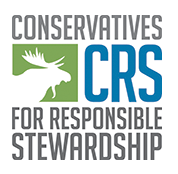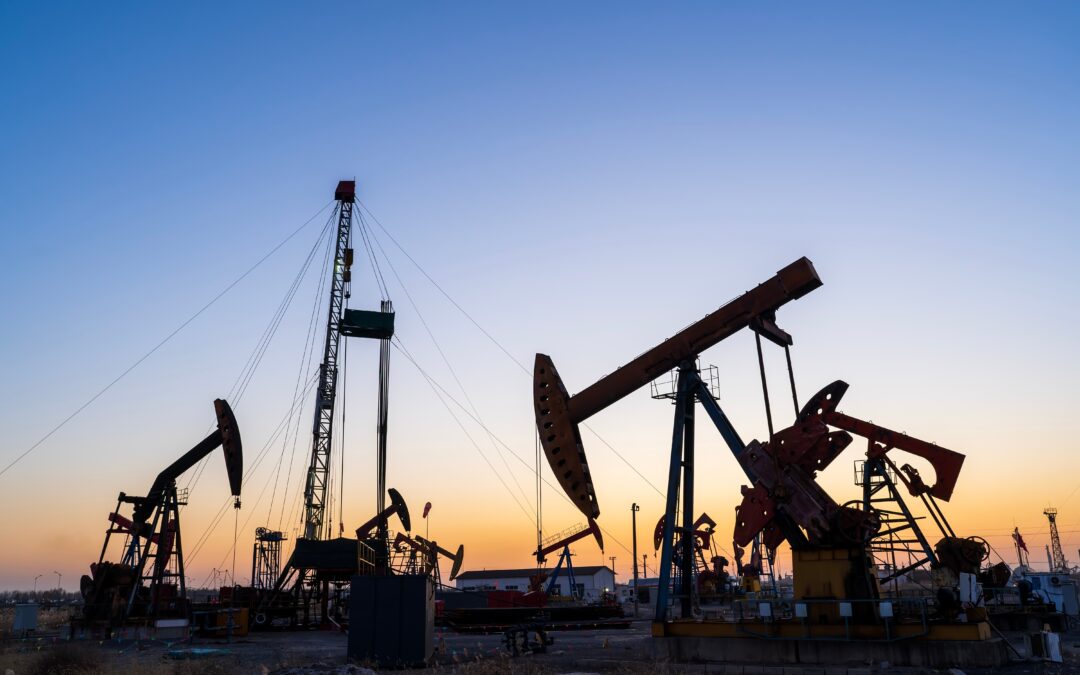One of the first moves President Trump made in his second term was to declare a “National Energy Emergency.” This executive order leans heavily on the claim that the previous administration shut down U.S. fossil fuel production and left America dependent on foreign energy. But that narrative simply isn’t true.
In reality, over the past four years, U.S. crude oil production soared to a record-breaking 13 million barrels per day — the highest ever, surpassing even Saudi Arabia. Natural gas production is also at an all-time high, with the U.S. leading the world by producing 41.2 million cubic feet in 2023 alone.
So why declare an energy emergency when the country is producing more energy than ever? This move takes us into a confusing and dangerous place where “up” is “down” and “shortage” means “abundance.”
The consequences of this declaration are unfolding quickly. The Department of Interior has announced new permitting rules that aim to sidestep key environmental protections, like the Endangered Species Act and the National Environmental Policy Act. Public lands—places many Americans treasure for outdoor activities like hunting, fishing, and hiking—are suddenly up for grabs for more oil and gas drilling.
Beyond public lands, this order could even threaten private property rights by encouraging federal agencies to use eminent domain to force landowners to give up property for energy development. At a time when U.S. oil production is at historic highs and oil companies are already profiting handsomely, this raises serious concerns about fairness and property rights.
But the bigger issue is this: Energy markets don’t respond to political orders. They respond to geology and economics. U.S. oil is often harder and more expensive to extract than oil elsewhere. For example, drilling in Alaska’s North Slope only makes sense when oil prices are well above $80 per barrel. Right now, prices hover near $60, making new drilling there less profitable.
Oil companies understand this. They’re hesitant to invest in new production when global factors like tariffs, recession fears, and increased OPEC output are driving prices down. Producing more oil than the market demands would just depress prices further and hurt American producers.
So, Trump’s “energy emergency” won’t boost oil production or energy independence—it won’t add a single extra drop of oil to the market. Instead, it risks undermining environmental protections and property rights without addressing the real challenges of energy production.
At its core, this declaration is about removing sensible limits in pursuit of more production—no matter the cost. But capitalism, sound energy policy, and true conservatism depend on facing facts, not spinning false narratives.
Unfortunately, this manufactured “energy emergency” is a distraction from real solutions and will ultimately cost us all.


